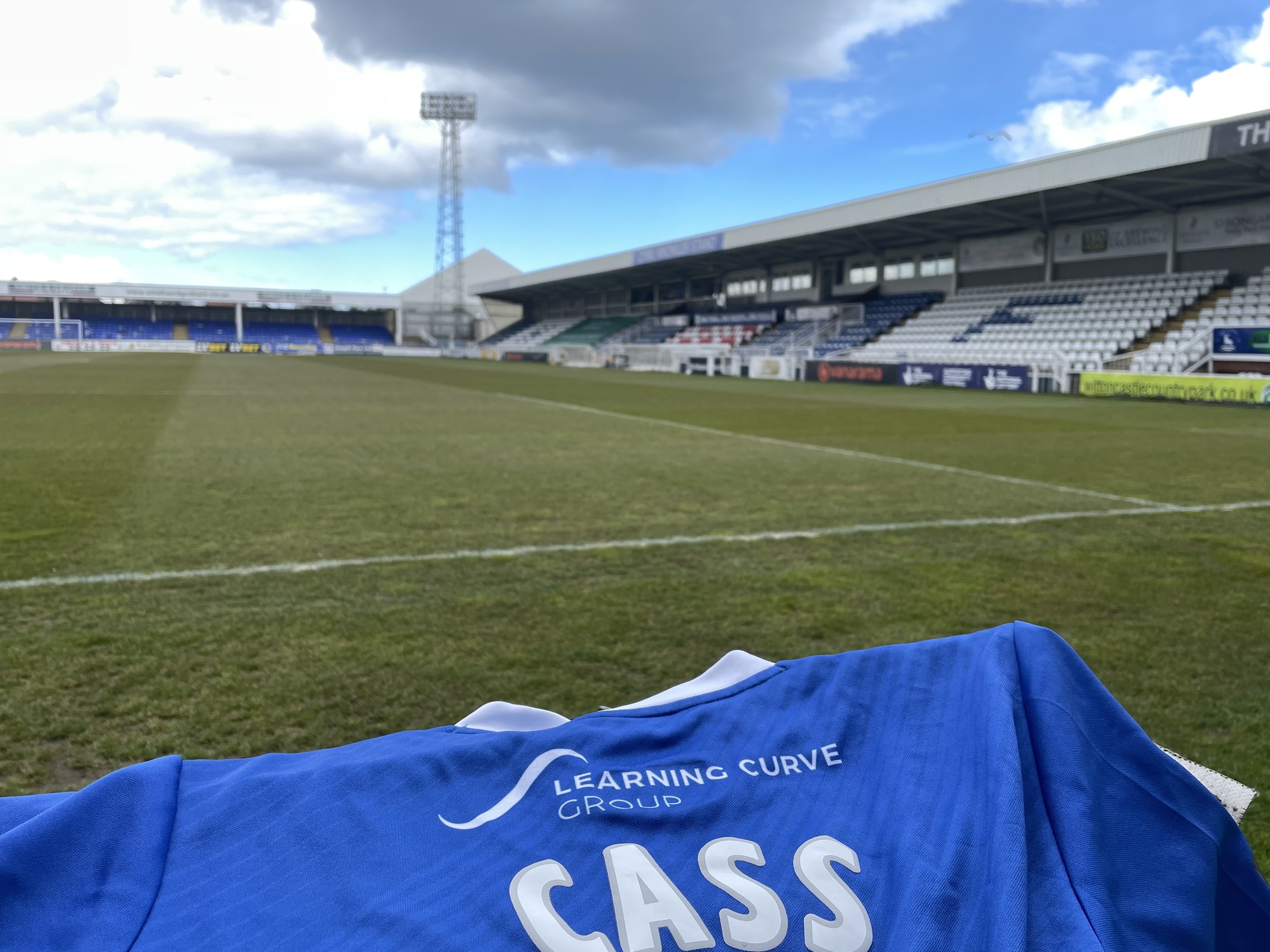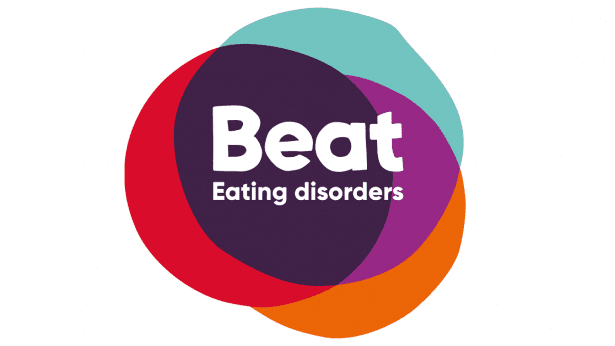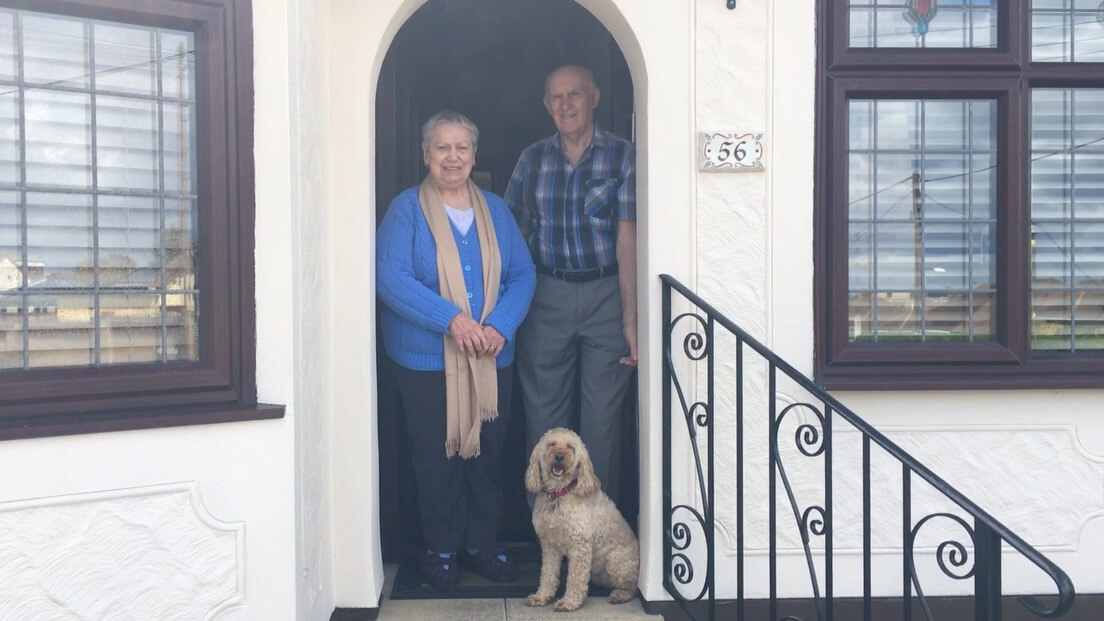Young people in the North East are being left with little support or help from schools and local councils for dealing with their mental health issues, according to a local campaign group.
A commission on mental health, led by Tyne and Wear Citizens, includes over 300 testimonies from people with personal experiences and “powerful stories” in the North East; many explain how Mental health is being seen as a “lower priority” in relation to other health issues.
All of the ‘unique’ testimonies give personal details on the way mental health is treated in the North East with many of them providing hope for other people and others putting into perspective the drastic reality which can come with the lack of support for mental health such as the “loss of a loved one”.
Amelia Clark-Sutton, 19, from North Shields is an FDA Applied Fine Art student at the University of Sunderland. Since she was 14, she has struggled every day with high anxiety and depression. She said:
“I think I had been struggling since I was a lot younger, I just didn’t want to accept it. Mentally I couldn’t let myself see that there was something wrong, I thought people would just think I was over-reacting as it wasn’t a physical issue.”
Her parents were the ones to notice she needed help and to push her to get advice. Amelia added: “Schools try hard to ensure people are taken care of and treated correctly but this doesn’t happen until you have been diagnosed with an illness.
“There is so much support put in place once you have eventually made it through the endless waiting game from when you admit to needing help to when you eventually get it. More should be done to prevent people getting to this stage.
“More focus should be put on all the student’s mental health hopefully preventing some from getting to the stages I got to – like when I was scared to leave my house “
Many of the statements in the commission believed that schools and collages do not do enough to help their students before and after they are diagnosed with a mental health issue.
A spokesperson for YoungMinds, a UK based organisation, said: “Schools can play a huge role in promoting the wellbeing of their students, helping them to build resilience and intervening early when problems begin to emerge.
“But, as most young people, parents and teachers agree, the education system is fundamentally unbalanced, placing greater focus on exam results than student wellbeing. We’re campaigning to change this, to make sure that schools are able to prioritise wellbeing and mental health.”
The NHS released statistics last week showing that one in four females aged 17-19 suffer from a mental health condition; alarmingly, statistics also showed 37 percent of young people being admitted to the NHS for help were not being accepted for treatment. This shows more has to be done to make the wellbeing of young people in the North East a higher priority.
YoungMinds added:
“There are growing numbers of young people seeking mental health support. An overstretched system is a long way from meeting demand. We hear every day on our Parents Helpline from parents whose children have been turned away from services for not being ‘ill enough’, this can have a devastating impact on that young person.
“Every child who reaches out for support should be able to get the help they need, but at the moment only one in three young people with mental health problems can get NHS support.
“That’s why we desperately need to see increased funding for CAMHS in the forthcoming NHS Long Term Plan. Alongside this, we need action to fill the gaps in youth and community services that could provide help early on, before young people require more specialist treatment.”
Amelia was lucky enough to get support throughout her later years of secondly school and college. She was given counselling and support with exam stress however she admitted these things often made her feel even more isolated causing more social anxiety.
Amelia said: “There is a huge amount of pressure put on teens now. Society has created this obsession with perfection, creating a huge interference in self-esteem and self-confidence. Not enough is done to counteract the negative impact social media is having.”
A spokesperson for YoungMinds reiterated their support for young people in the North East, saying:
“No matter how bad you’re feeling, it’s important to remember that you are not alone. Help is out there. Talking to someone about how you’re feeling – whether that’s family, friends, a teacher, a doctor or a helpline like Childline – can make a huge difference.”
If you have experienced any issues explored in this article, follow the links below to seek help and support.



